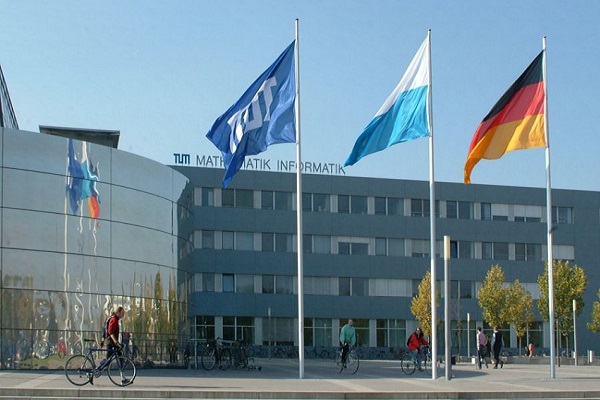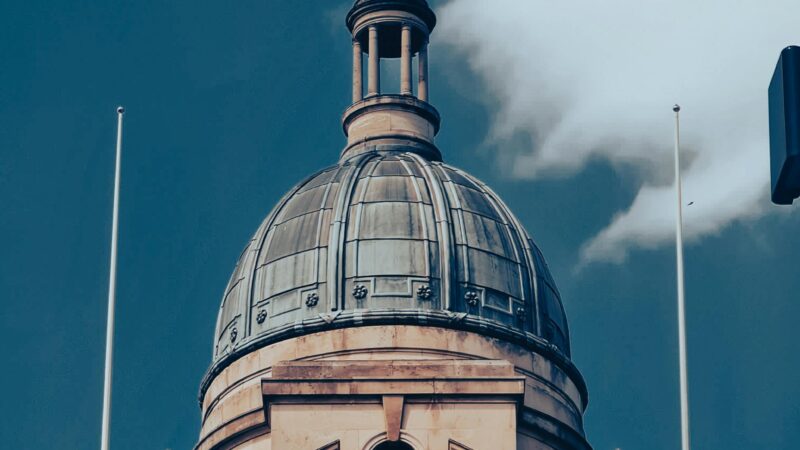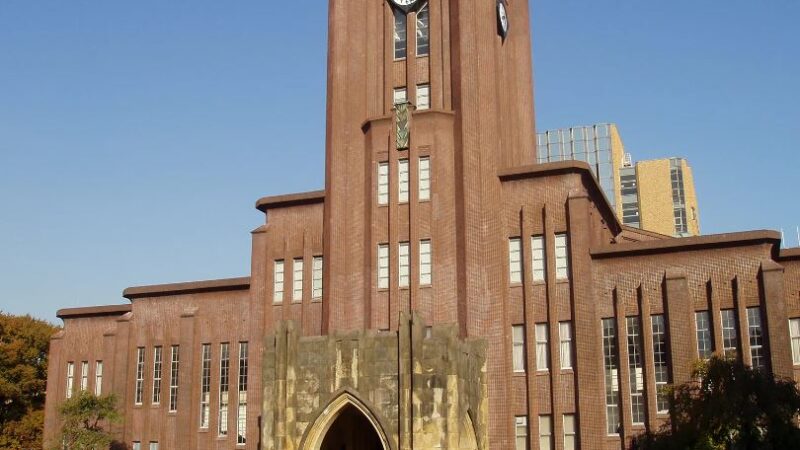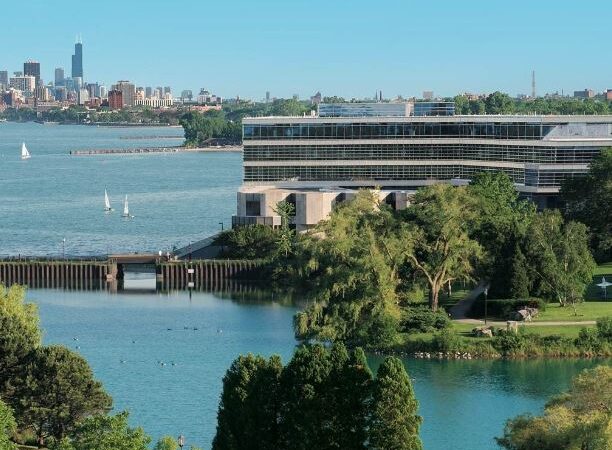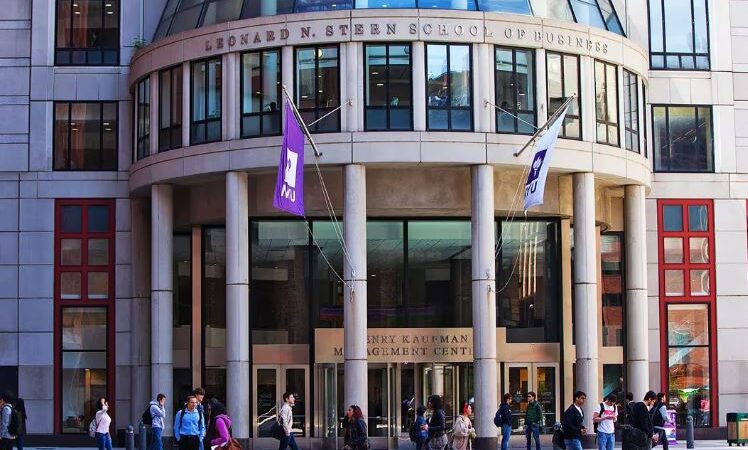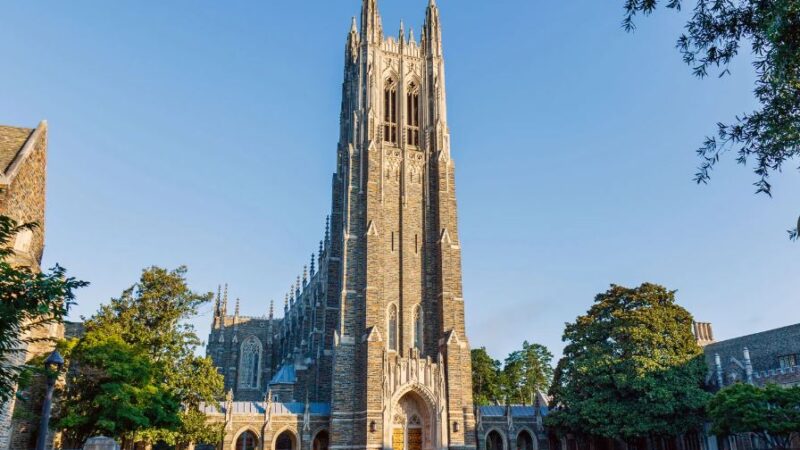Princeton University
Princeton University: A Historic and Prestigious Ivy League Institution
Introduction
Princeton University, one of the most prestigious institutions of higher learning in the world, is renowned for its academic rigor, distinguished faculty, and historic campus. As a member of the Ivy League, Princeton has a storied history that dates back to the colonial era of the United States. This article delves into the rich tapestry of Princeton University’s history, its academic offerings, campus life, notable alumni, and its impact on the world.
Historical Overview
Princeton University was founded in 1746 as the College of New Jersey, making it the fourth oldest institution of higher education in the United States. Its establishment was driven by the desire to provide a rigorous classical education to the future leaders of the American colonies. The college initially operated in Elizabeth, New Jersey, before moving to Newark in 1747 and finally settling in Princeton in 1756.
The early years of Princeton were marked by the leadership of its first president, Jonathan Dickinson, and subsequent presidents like Aaron Burr Sr. and Jonathan Edwards, who were influential in shaping the institution’s religious and educational philosophy. During the American Revolution, Princeton’s Nassau Hall served as a barracks and hospital for both British and American troops, and it was the site of the Battle of Princeton in 1777, which was a pivotal victory for the Continental Army.
Academic Excellence
Princeton University is renowned for its commitment to undergraduate education and its emphasis on liberal arts and sciences. The university offers a broad range of programs across various disciplines, including humanities, social sciences, natural sciences, and engineering. Princeton’s academic structure is organized into the Undergraduate College, the Graduate School, the School of Architecture, the School of Engineering and Applied Science, and the Princeton School of Public and International Affairs.
Undergraduate Education
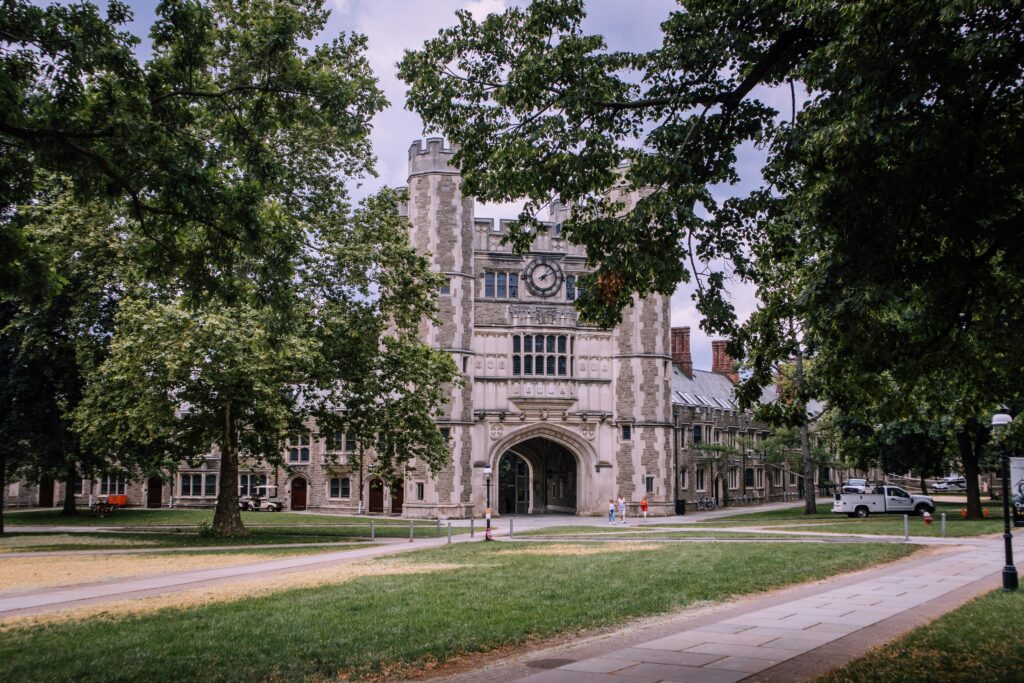
The undergraduate program at Princeton is designed to foster critical thinking, creativity, and intellectual independence. The university’s curriculum emphasizes the importance of a well-rounded education, requiring students to take courses in diverse fields to ensure a comprehensive academic experience. The hallmark of Princeton’s undergraduate education is the senior thesis, an independent research project that all students must complete. This capstone experience allows students to delve deeply into a topic of their choice, demonstrating their ability to conduct original research and contribute to their field of study.
Graduate Education
Princeton’s Graduate School, established in 1900, offers advanced degrees in a wide range of disciplines. The graduate programs are known for their selectivity and rigorous academic standards. Princeton places a strong emphasis on research, and graduate students work closely with faculty members who are leaders in their fields. The university provides ample resources and support for graduate students, including state-of-the-art facilities, research funding, and opportunities for interdisciplinary collaboration.
School of Architecture
The School of Architecture at Princeton is one of the most prestigious architecture schools in the world. It offers undergraduate and graduate programs that blend theoretical knowledge with practical experience. The school’s curriculum encourages students to explore the relationship between architecture, technology, and society. Notable faculty members and visiting critics contribute to a dynamic learning environment, and the school’s location in the heart of the Northeast Corridor provides access to a wealth of architectural resources and opportunities.
School of Engineering and Applied Science
Princeton’s School of Engineering and Applied Science is renowned for its innovative research and interdisciplinary approach. The school offers undergraduate and graduate programs in various engineering disciplines, including mechanical, electrical, civil, and chemical engineering. The curriculum emphasizes both theoretical foundations and hands-on experience, preparing students to tackle complex engineering challenges. The school’s research initiatives address critical issues such as energy sustainability, environmental protection, and technological advancements.
Princeton School of Public and International Affairs
The Princeton School of Public and International Affairs (SPIA) is dedicated to addressing global policy challenges through rigorous academic training and research. SPIA offers undergraduate and graduate programs that equip students with the knowledge and skills needed to become effective leaders in public service. The school’s faculty includes prominent scholars and practitioners in the fields of economics, politics, and international relations. SPIA’s research centers and initiatives focus on pressing issues such as international security, economic development, and social justice.
Distinguished Faculty
Princeton University boasts a distinguished faculty that includes Nobel laureates, Pulitzer Prize winners, MacArthur Fellows, and members of prestigious academic societies. The faculty’s commitment to excellence in teaching and research is a cornerstone of Princeton’s academic reputation. Professors at Princeton are not only leaders in their respective fields but also dedicated mentors who engage closely with students.
Nobel Laureates
Princeton has a long history of association with Nobel Prize winners. Faculty members and alumni have been recognized for their contributions to various fields, including physics, chemistry, economics, and literature. Notable Nobel laureates include physicist Albert Einstein, who was a member of the Institute for Advanced Study at Princeton, and economist Paul Krugman, a faculty member known for his work on international trade and economic geography.
Pulitzer Prize Winners
Princeton’s faculty also includes numerous Pulitzer Prize winners who have been recognized for their contributions to journalism, literature, and history. These distinguished scholars and writers bring their expertise into the classroom, enriching the educational experience for students. Notable Pulitzer Prize winners associated with Princeton include historian James M. McPherson and novelist Toni Morrison.
MacArthur Fellows
The MacArthur Fellowship, often referred to as the “genius grant,” has been awarded to several Princeton faculty members and alumni. This prestigious award recognizes individuals who have demonstrated exceptional creativity and potential in their fields. Princeton’s MacArthur Fellows include sociologist Matthew Desmond, known for his work on poverty and eviction, and biologist Bonnie Bassler, whose research on bacterial communication has groundbreaking implications for medicine and biotechnology.
Campus Life
Princeton University’s picturesque campus, known as “the best-kept campus in America,” provides a vibrant and enriching environment for students. The university’s residential college system, student organizations, cultural events, and recreational facilities contribute to a dynamic campus life.
Residential Colleges
Princeton’s residential college system is designed to create a close-knit community where students can live, learn, and grow together. The university has six residential colleges, each with its own unique character and traditions. These colleges provide a supportive environment where students receive academic advising, participate in extracurricular activities, and form lasting friendships. The residential college system fosters a sense of belonging and enhances the overall student experience.
Student Organizations
Princeton offers a wide array of student organizations that cater to diverse interests and passions. From academic and professional clubs to cultural and recreational groups, there is something for everyone. These organizations provide students with opportunities to develop leadership skills, pursue hobbies, and engage in meaningful activities outside the classroom. Notable student organizations include the Princeton University Band, the Princeton Tiger magazine, and the Princeton University Players, a student-run theater group.
Cultural Events
The university hosts a variety of cultural events throughout the year, including concerts, lectures, art exhibitions, and theatrical performances. The Lewis Center for the Arts and the Princeton University Art Museum are central to the cultural life of the campus. The Lewis Center offers programs in creative writing, dance, theater, and visual arts, providing students with opportunities to explore their artistic talents. The Princeton University Art Museum houses an extensive collection of artworks from around the world, enriching the cultural and intellectual life of the university.
Recreational Facilities
Princeton’s commitment to the well-being of its students is reflected in its state-of-the-art recreational facilities. The university offers a range of fitness and wellness programs, including intramural and club sports, fitness classes, and outdoor adventure activities. The Princeton Tigers, the university’s athletic teams, compete in the NCAA Division I Ivy League, and the campus boasts impressive sports facilities, including the Jadwin Gymnasium and the DeNunzio Pool.
Notable Alumni
Princeton University has produced an impressive array of alumni who have made significant contributions to various fields, including politics, business, science, arts, and literature. These distinguished individuals reflect the university’s commitment to excellence and leadership.
Political Leaders
Princeton has a long history of producing influential political leaders. Notable alumni include James Madison, the fourth President of the United States and a principal architect of the U.S. Constitution, and Woodrow Wilson, the 28th President of the United States and a former president of Princeton University. More recent political figures include former First Lady Michelle Obama and U.S. Supreme Court Justice Elena Kagan.
Business Leaders
Princeton alumni have also made their mark in the business world. Jeff Bezos, the founder of Amazon, and Meg Whitman, former CEO of Hewlett-Packard and eBay, are among the university’s notable business leaders. These alumni exemplify the entrepreneurial spirit and innovative thinking fostered at Princeton.
Scientists and Innovators
The university has a strong tradition of producing leading scientists and innovators. John Bardeen, a double Nobel laureate in physics, and Richard Feynman, a renowned theoretical physicist, are among Princeton’s distinguished scientific alumni. Princeton graduates have made groundbreaking contributions to fields such as medicine, technology, and environmental science.
Artists and Writers
Princeton has also nurtured many accomplished artists and writers. F. Scott Fitzgerald, author of “The Great Gatsby,” and Eugene O’Neill, a Nobel Prize-winning playwright, are among the university’s celebrated literary figures. In the arts, alumni like actor and director Jodie Foster and architect I.M. Pei have achieved significant acclaim.
Global Impact
Princeton University’s impact extends far beyond its campus, influencing the global community through research, scholarship, and public service. The university’s commitment to addressing pressing global challenges is evident in its various initiatives and partnerships.
Research Centers and Institutes
Princeton is home to numerous research centers and institutes that focus on addressing complex global issues. The Princeton Environmental Institute, for example, conducts interdisciplinary research on environmental sustainability and climate change. The Andlinger Center for Energy and the Environment focuses on developing sustainable energy solutions. These centers bring together scholars from diverse fields to collaborate on innovative research that addresses some of the world’s
